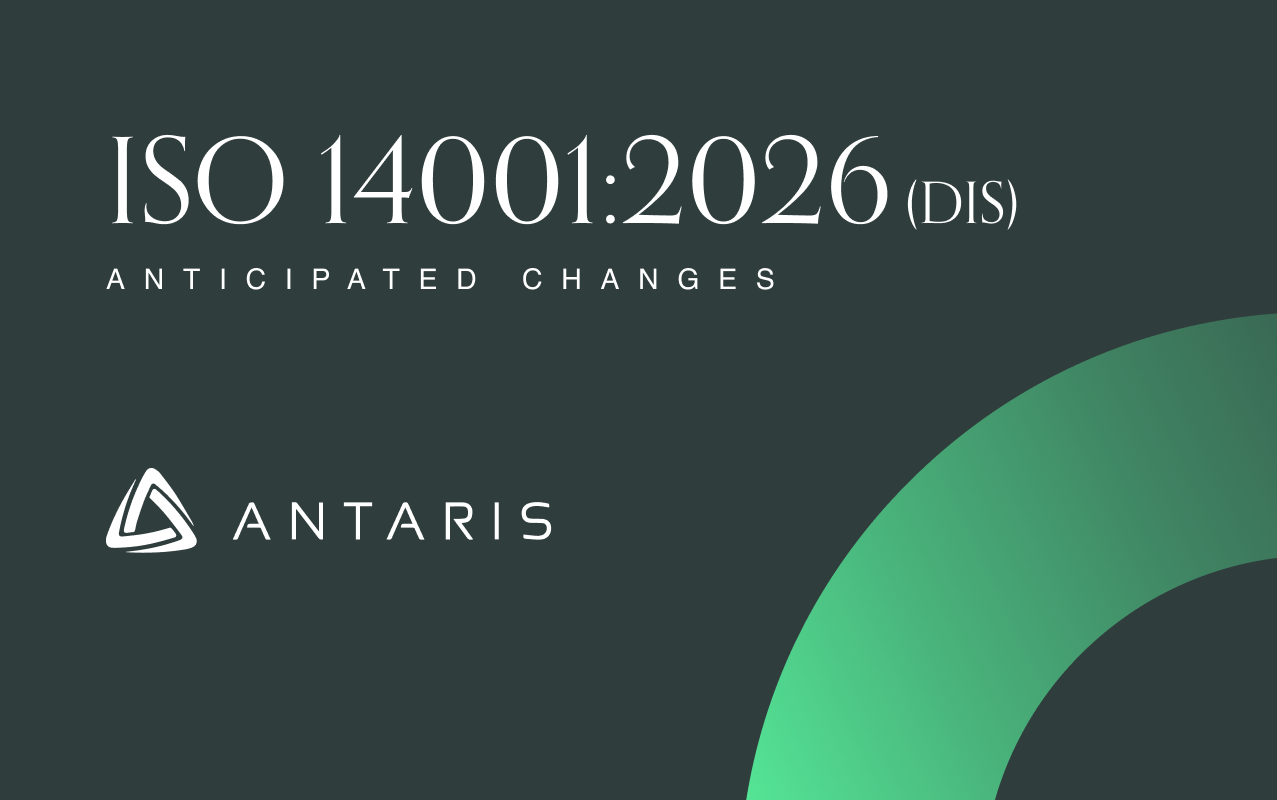These days, sustainability is not just a nice idea, it is something every business needs to take seriously. The reality is, many companies are still getting it wrong. Whether it is a case of ticking boxes to keep people happy or diving in without a proper plan, the end result often falls short. Efforts can end up scattered, ineffective, or even damaging to the company’s credibility. What people often forget is that real sustainability is not just about protecting the environment. It is about running a smarter, more efficient, and more resilient business. With that in mind, here are six common mistakes companies make when it comes to sustainability and how they might avoid them.
1.Lack of Clear Strategy
Many companies begin sustainability initiatives without an honest or real strategy. This often leads to lacklustre efforts that fail to address issues. A clear strategy should:
- Define specific, measurable goals.
- Align with the company’s mission and values.
- Consider the industry, market, and stakeholder expectations.
For example, setting vague goals like “reduce carbon footprint” is less effective than committing to “reduce Scope 1 and 2 emissions by 50% by 2030” or something similar.
2.Insufficient Metrics and Reporting
Without robust metrics, companies cannot accurately assess the effectiveness of their sustainability efforts. Mistakes include:
- Using insufficient data, which makes benchmarking a quite laborious and difficult process, for example for scope 3 emission benchmarking, which demands so much data.
- Failing to track progress on consistent and regular basis.
3. Inefficient or Misguided Efforts
Some initiatives fail to address larger systemic issues and can backfire when stakeholders recognize them as inefficient.
For example, a factory might put solar panels on their roof but continue to have wasteful practices in their manufacturing.
Genuine sustainability efforts should involve systemic and informed changes.
4 . Underfunding Initiatives
Sustainability initiatives often receive less than favourable budgets, which limits their scope and impact. Companies may view sustainability as a cost rather than an investment, leading to half-hearted programs.
Investing adequately means:
- Allocating resources for research, and implementation.
- Training employees to embed sustainable practices in daily operations.
- Exploring long-term cost savings or revenue generation opportunities (e.g., energy efficiency or sustainable product lines).
5. Poor Risk Management
Companies often overlook the risks associated with sustainability challenges, such as resource scarcity, climate change, and evolving regulations. Common mistakes include:
- Failing to identify risks might disrupt supply chains.
- Not adapting to stricter environmental regulations, leading to penalties or loss of market access.
Effective risk management requires scenario planning, stakeholder engagement, and proactive adaptation planning, which virtually no one does correctly.
6.Not integrating sustainability in core business, and the perspective on it.
Sustainability can be considered or deemed a costly part of running a business in the modern day, a box you must tick before getting to the real business. However, there’s real opportunity behind it. Sustainable business ethos needs to be understood as just an efficient manner of a running, a risk averse, quite prudent, diligent, and long-term mindset. I tell my client being a sustainable business is being an efficient one. Unsustainable practices are often more costly and riskier in the long-term than sustainable ones.
Written by : Rory Sanchez O’Toole
Sustainability Consultant








